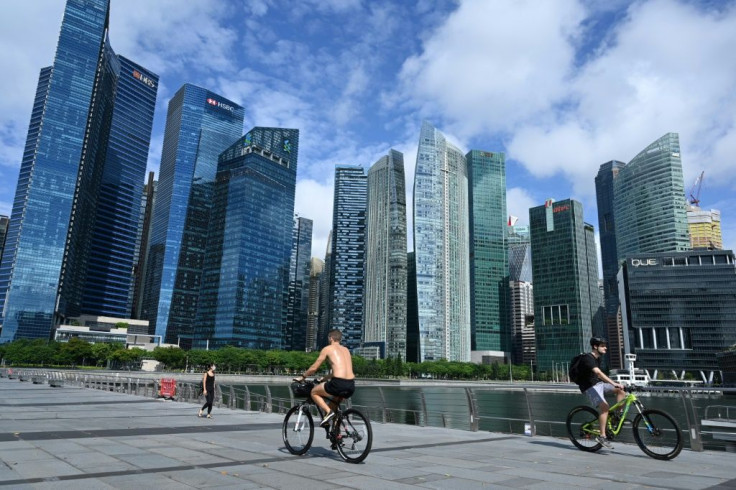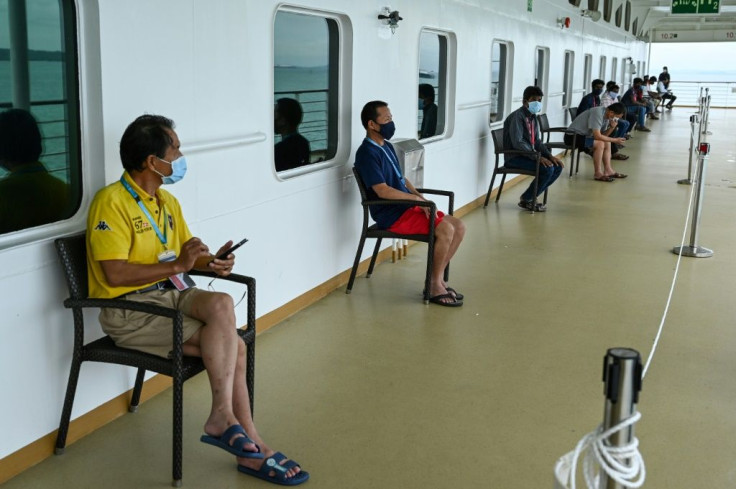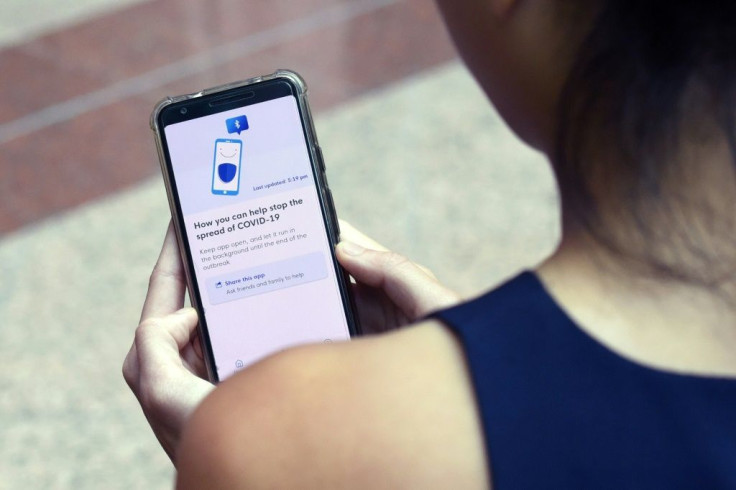Virus-hit Singapore Heads For Election 'Like No Other'
Singapore's leader called a general election "like no other" Tuesday as the prosperous city-state struggles to recover from a major coronavirus outbreak that swept through crowded migrant worker dormitories and raised questions about the treatment of the foreign labour force.
A raft of safety measures will be in place to prevent infections at next month's election, with voters wearing masks and gloves at polling stations and campaign rallies likely to be banned.
Opposition groups have attacked the timing of the poll, with the Singapore Democratic Party saying that calling an election next month would "needlessly jeopardise the safety and health of Singaporeans".
The financial hub initially won praise for keeping the virus in check with a rigorous system of testing and contact tracing, only for a wave of infections in dormitory complexes housing thousands of low-paid foreign workers.

But with the outbreak finally slowing, and authorities gradually loosening virus curbs, Prime Minister Lee Hsien Loong announced parliament was being dissolved, and officials said the election would take place on July 10.
In a televised address announcing the polls, Lee said they would "clear the decks" and give the government a fresh mandate to focus on making difficult decisions.
"This general election will be like no other that we have experienced," he said. "Not just because of the special arrangements to deal with COVID-19, but because of the gravity of the situation, and the issues at stake."
The virus has battered the city's economy -- which depends on trade and is sensitive to external shocks -- and authorities say it may contract at its fastest rate this year since independence in 1965.

The People's Action Party (PAP) has ruled affluent Singapore since it gained self-rule from Britain in 1959, and the party -- which holds 82 of 88 elected seats in parliament -- is assured of victory.
But holding a poll as the city-state emerges from the outbreak is risky, and it is not clear whether it will boost the government's support or damage it.

The virus outbreak "could cut both ways" for the PAP, Eugene Tan, political analyst from Singapore Management University, told AFP.
While voters may have turned to the PAP due to sound leadership during tough times in the past, coronavirus was different to previous, more short-lived crises, he said.
"This will be a keenly contested general election," he said.
While the government insists it has successfully brought the outbreak under control, it has been accused of not doing enough to protect migrant workers.
More than 42,000 virus cases have been reported, the vast majority among foreigners who work in jobs ranging from construction to maintenance.
The death toll stands at 26.
The PAP won 70 percent of the popular vote at the previous election in 2015, and a weak and divided opposition stands little chance.
The ruling party maintains solid support and critics also accuse it of gerrymandering and targeting opponents to ensure they cannot mount a strong challenge.
The polls are also part of a carefully orchestrated handover of power to a new generation of leaders, which looks set to see the founding Lee family give up the premiership.
Prime Minister Lee, the son of late founding ruler Lee Kuan Yew, has said he will step down at some point after the elections and hand over to a successor, tipped to be current finance minister Heng Swee Keat.
As well as the virus, the PAP's showing at the polls could be dented by a public row about the legacy of Lee Kuan Yew, which has pitted current Prime Minister Lee against his siblings.
© Copyright AFP 2024. All rights reserved.




















